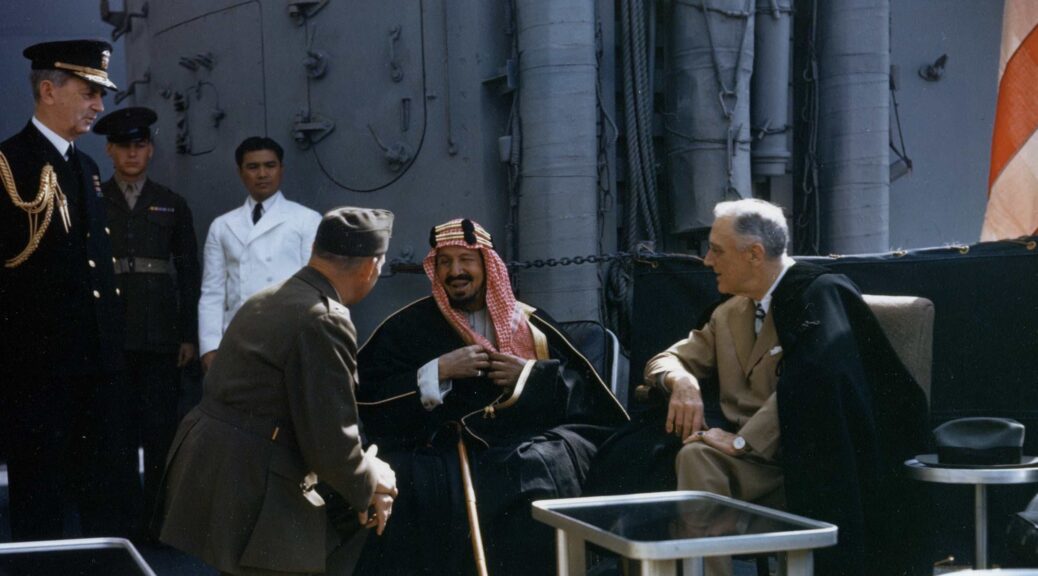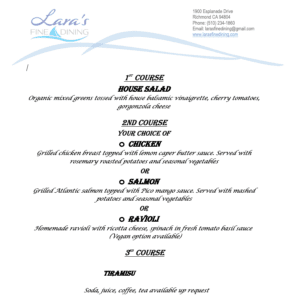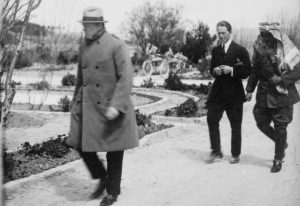
“Churchill and Palestine”: Richmond, California, February 10th
Saturday, February 10, 2024
A luncheon meeting of Northern California Churchillians will be held at Lara’s Fine Dining, 1900 Esplanade Drive, Richmond, California, starting at 11am. This wonderful location is far from the untidiness of SF and right on the water. It is next to the Rosie the Riveter Museum and the former Kaiser World War II manufacturing site, which attendees may wish to visit after our event.

Richard Langworth, Churchill historian and Senior Fellow of the Hillsdale College Churchill Project, will speak and answer questions on “Churchill and Palestine, 1917-1948.” The nearby Kaiser factory is a happy coincidence: Richard’s first book, Kaiser-Frazer: Last Onslaught on Detroit, began with Henry Kaiser building Liberty and Victory ships during the Second World War. (See “Kaiser-Frazer and the Making of Automotive History.”)
How to register
We will hold a social hour at 11 am followed by lunch at noon and the discussion at 1pm. If you wish to attend, please mail a check for $60 per person (made out to CBTB or “Churchillians by the Bay”) attending to Gregory B. Smith, 154 W. Spain St, Villa T, Sonoma, CA 95476. Be sure to include your menu choice of chicken, salmon, or ravioli from this menu. We hope to see you there for this important event. —Gregory B. Smith, Chairman, Churchillians by the Bay, telephone: (707) 974-9324, [email protected].
Churchill and Palestine
Richard will review Churchill’s involvement with Palestine and Israel from the 1917 Balfour Declaration and 1921 Cairo Conference through the “Two-State Solutions” of 1937, 1938 and 1947, and the Arab-Israeli War of 1948. Churchill’s views and comments will be discussed.
Churchill and Palestine had a long association, spanning two world wars and thirty years. It began when British Foreign Secretary Arthur Balfour declared Britain’s support for a “Jewish National Home” in Palestine. Almost simultaneously, T.E. Lawrence was promising the Arabs sovereignty over Middle Eastern lands ruled for nearly half a millennium by the Turks. In return, Jews and Arabs fought with the Allies in the First World War. A reluctant Britain accepted responsibility for the Mandate of Palestine after the war. East Palestine, 6/7ths of the Mandate, became Arab-ruled Jordan. West Palestine, a tiny sliver the size of Massachusetts, became the source of conflict that has now lasted over a century.
“You deal with it”
Churchill and Palestine were thrown together because Turkey was on the wrong side in the First World War. By its end, the former Ottoman Empire was a shambles. Revolutions and conspiracies were suspected among Arabs, Bolsheviks, Jews and recidivist Turks. The only significant military force left was a British army of about one million. No other power was present in force.

“At this truly horrendous moment,” wrote the historian David Fromkin, “Prime Minister Lloyd George in effect turned to his Colonial Secretary Churchill and said, ‘You deal with it.’”
Churchill expanded his Middle East department with some of the most capable people, including T.E. Lawrence of Arabia and Gertrude Bell. They convened in Cairo with Arab and Jewish delegates to redraw the borders of the expired Turkish empire.
Remember that for Britain at least, despite what you may have heard, oil was not the objective. Churchill had secured the Royal Navy’s oil by founding the Anglo-Persian Oil Company before the war. It later became known as BP. It was suspected that Iraq had oil; but Britain had no need for it, and France did not begin thinking about oil until later.
Chapter 1…
The 1921 Cairo Conference created the same Iraq, Jordan, Syria and Lebanon that are there today. The French received League of Nations “mandates” over the last two. The British were handed Iraq and Palestine—east and west. In Iraq and East Palestine (Jordan), the conference placed Arab kings—Hashemites, who were not indigenous. This marked Chapter 1 in the story of Churchill and Palestine.
A frequent question is: Why did Churchill put foreign kings in charge of Iraq and Jordan? David Fromkin replied:
Because, in the world in which Churchill grew up, that’s what you did. When it was decided, just before the First World War, to create an independent state of Albania, an intrinsic part of the thing was to find it a king. In the Middle East in 1921, the same thinking applied.
Remember, the Ottoman Empire had no nationality. It was a Turkish-speaking Muslim empire. It was very difficult to establish ethnicity and loyalty since it was only based on religion. Thus, any Muslim government was pretty much acceptable to people of the area.
The scene was now set for generations of strife….
More on Churchill and Palestine
“When Did Churchill Become a Zionist?” 2022.
“Q&A: Churchill at the Stroke of a Pen, Jordan and the Indian Army,” 2021.
“Churchill and Lawrence; A Conjunction of Two Bright Stars,” 2020.
“Avaricious Imperialists or Nation Builders? The Middle East, 100 Years On,” 2020.






